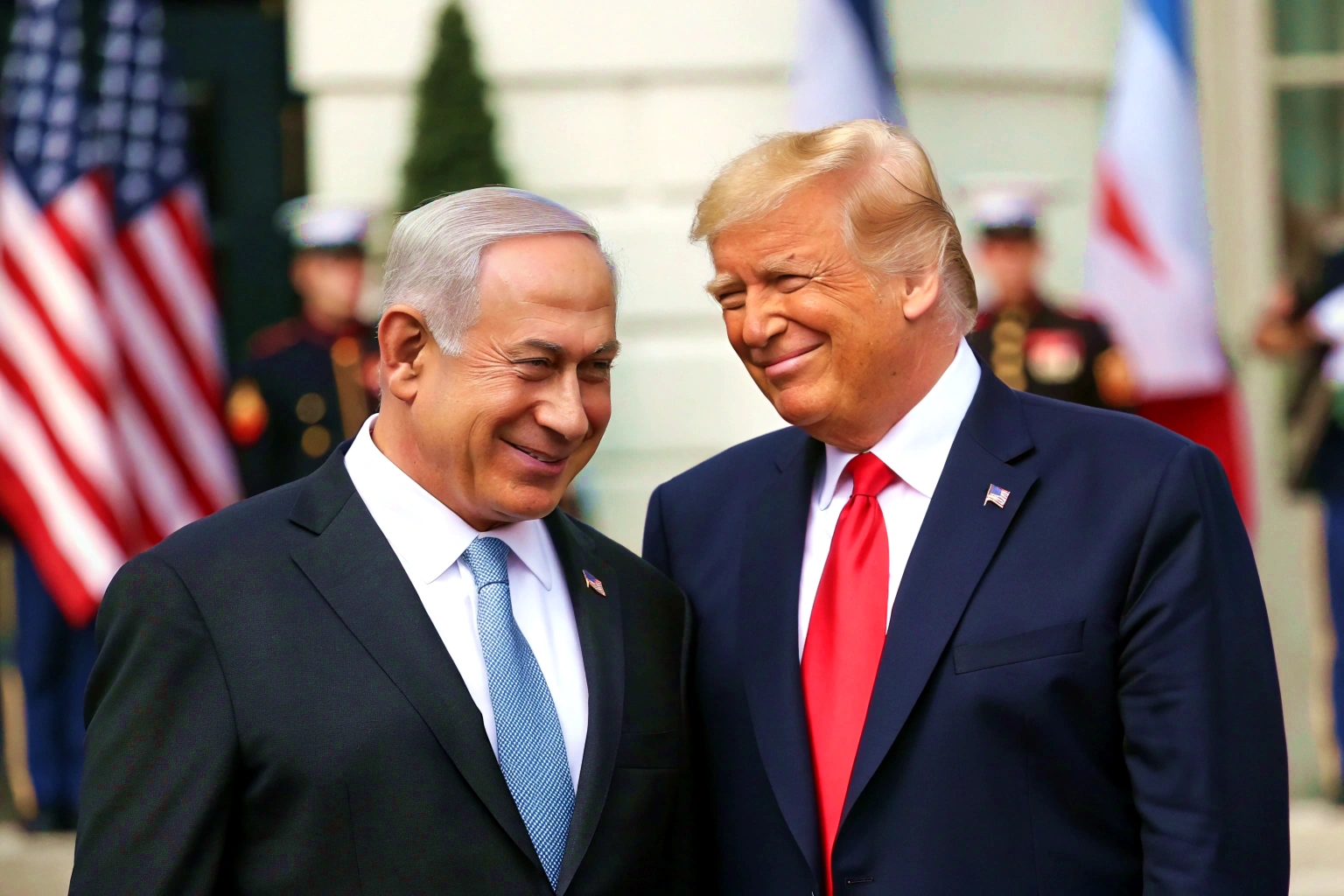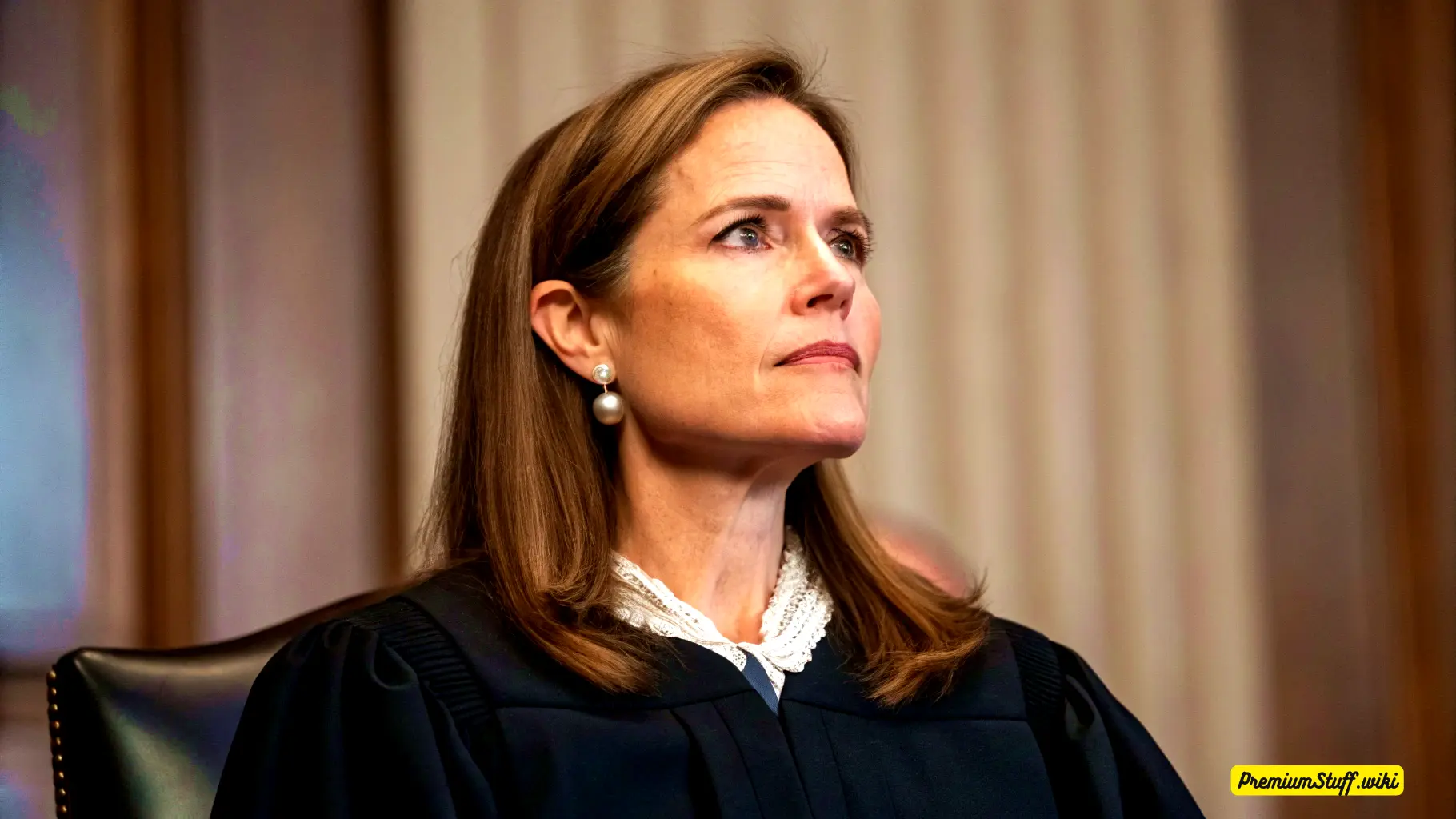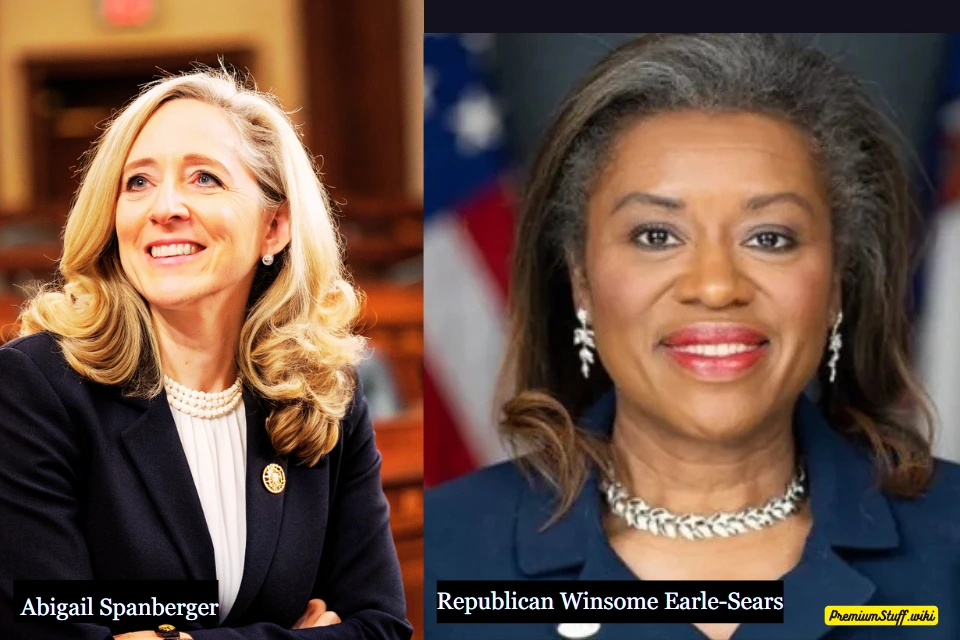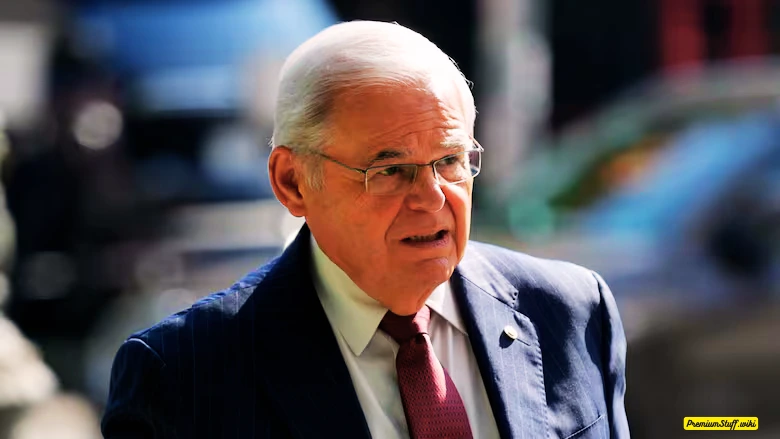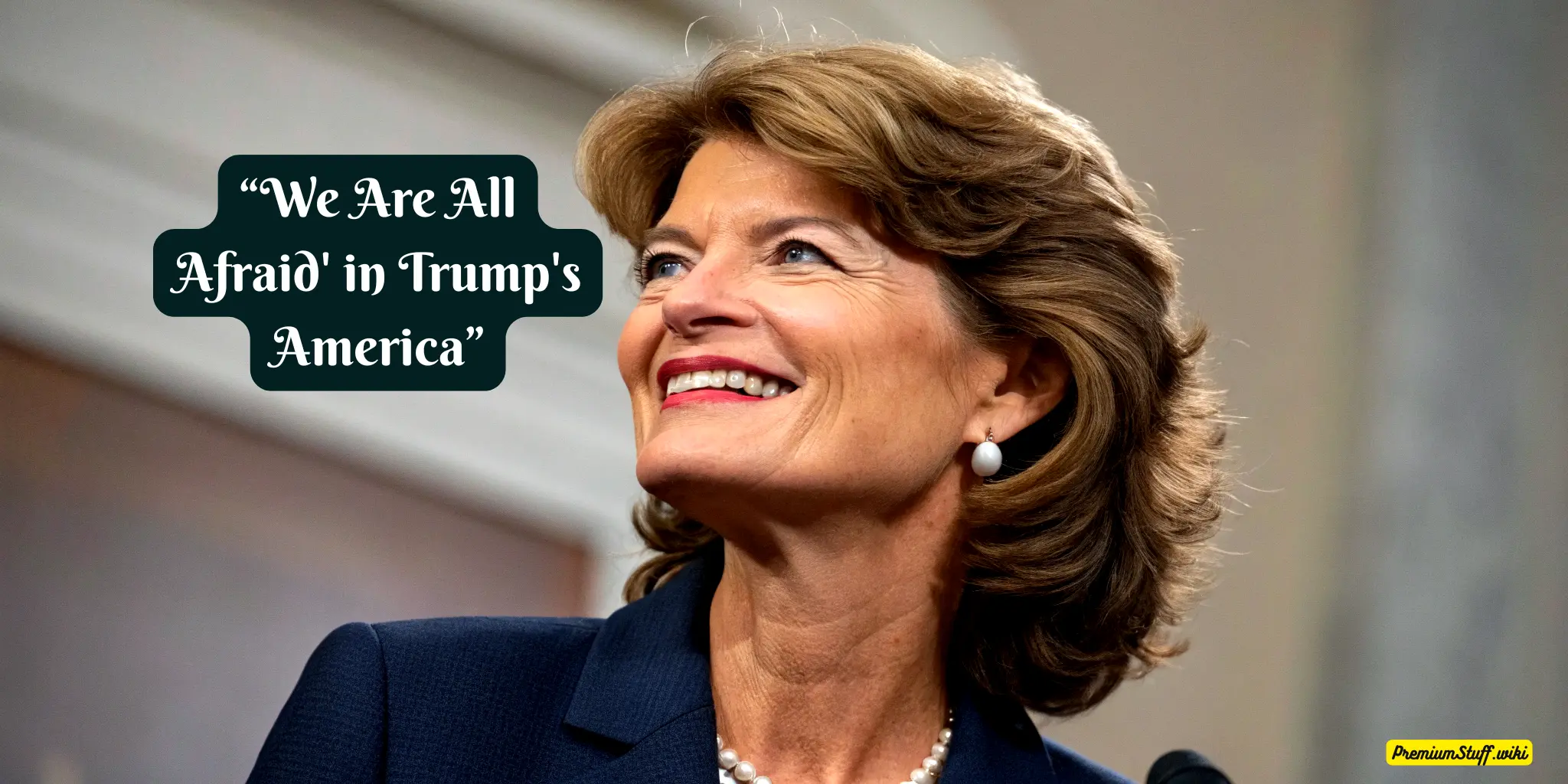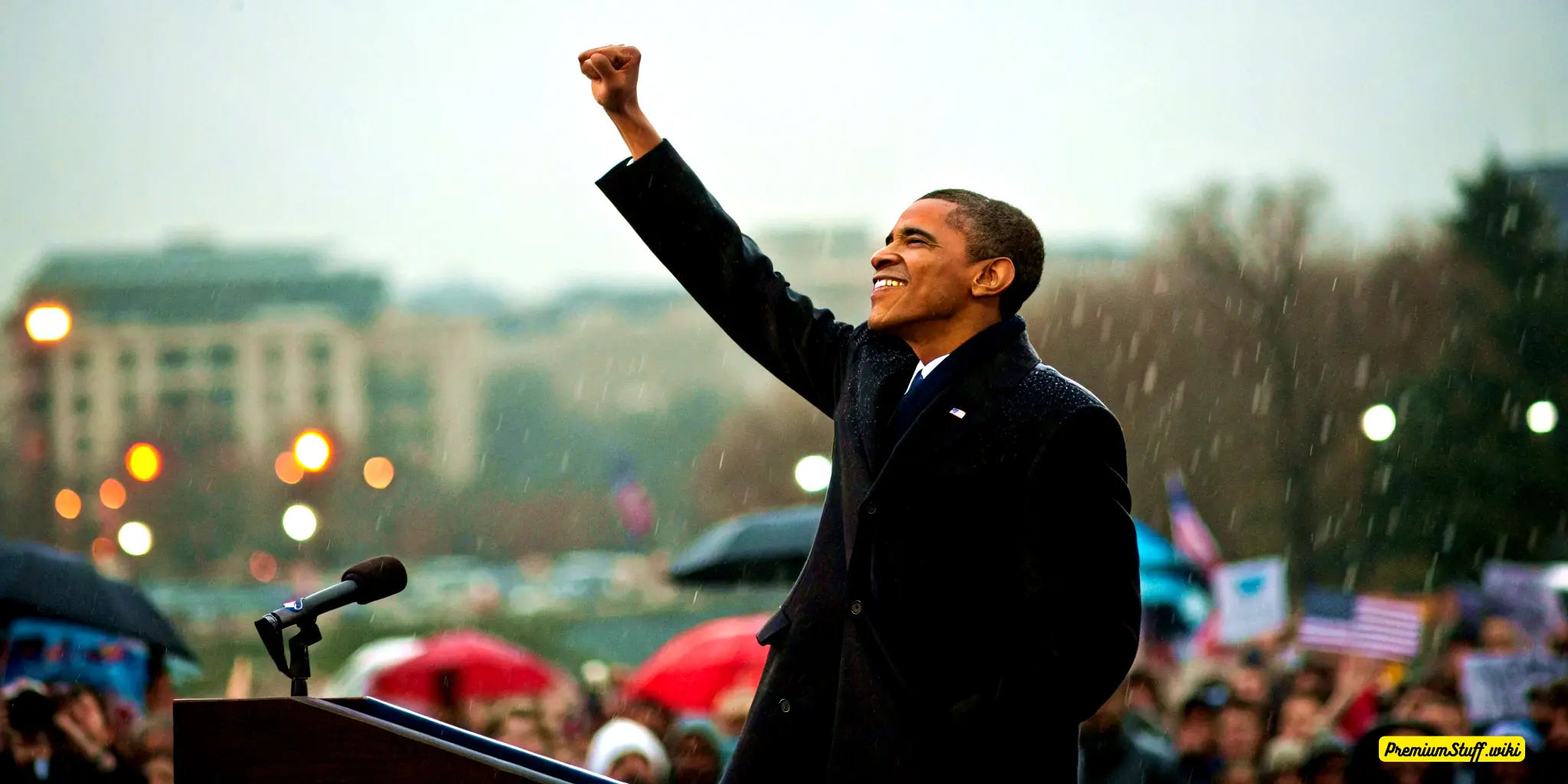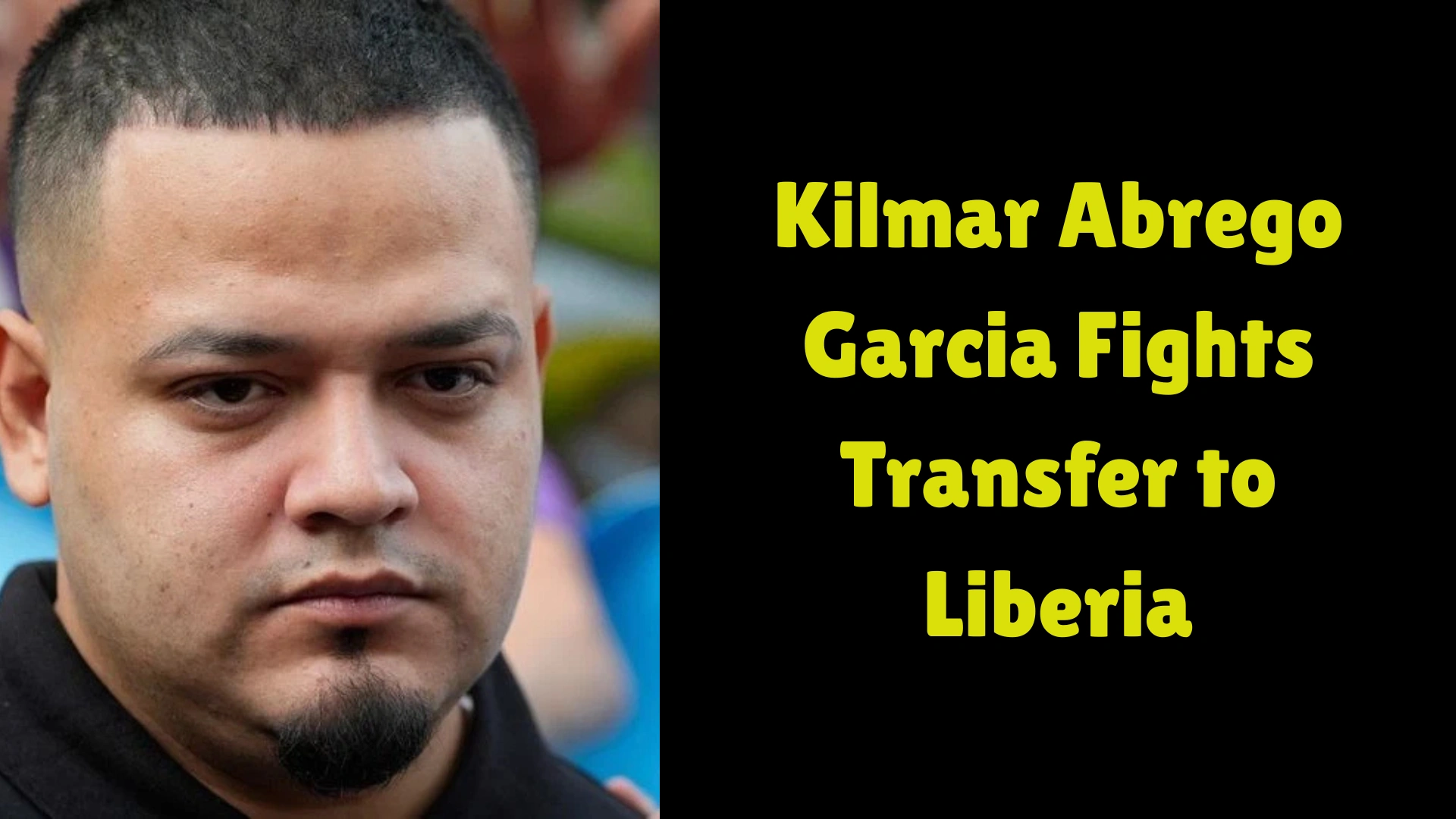Trump Demands Swift Action Against Political Foes, Appoints Loyalist as Top Prosecutor
President Donald Trump has publicly pressured Attorney General Pam Bondi to accelerate investigations into his political enemies, while appointing his former personal lawyer, Lindsey Halligan, as the top federal prosecutor in Virginia. This move intensifies concerns over the politicization of the Justice Department and marks a significant escalation in Trump’s campaign for retribution against critics.

🔍 Trump’s Public Ultimatum to Bondi
In a series of social media posts on September 20, Trump directly addressed Attorney General Bondi, demanding immediate action against high-profile Democrats. He cited over 30 public statements criticizing the lack of progress in cases against former FBI Director James Comey, Senator Adam Schiff, and New York Attorney General Letitia James. “We can’t delay any longer; it’s killing our reputation and credibility,” Trump wrote, emphasizing that his own impeachments and indictments warranted swift retaliation.
Trump’s posts blurred the line between public discourse and direct orders, breaking with decades of precedent regarding Justice Department independence. He later told reporters, “I just want people to act. And we want to act fast,” underscoring his impatience with legal protocols.
⚖️ Ouster of Prosecutor and Appointment of Loyalist
The pressure campaign culminated in the forced resignation of Erik Siebert, the U.S. Attorney for the Eastern District of Virginia (EDVA). Siebert had overseen investigations into Letitia James for alleged mortgage fraud and James Comey for perjury but found insufficient evidence for charges. Trump administration officials, including Federal Housing Finance Agency Director Bill Pulte, pushed for indictments regardless of legal merits.
Within hours of Siebert’s departure, Trump announced Lindsey Halligan as his nominee to lead the EDVA. Halligan, a former insurance lawyer with no prosecutorial experience, represented Trump in the Mar-a-Lago classified documents case and recently led a White House effort to purge “improper ideology” from Smithsonian museums. Trump praised her as a “tough, smart, and loyal attorney” who would deliver “JUSTICE FOR ALL”.
Interestingly, Mary “Maggie” Cleary—a conservative Justice Department lawyer falsely accused of participating in the January 6 Capitol riot—was initially named acting U.S. Attorney before Trump’s Halligan announcement. This chaotic transition revealed internal tensions.
🏛️ Erosion of DOJ Independence
Legal experts and former officials condemned Trump’s actions as a blatant breach of prosecutorial norms. Barbara McQuade, a former U.S. Attorney, noted that such interference could instill fear among prosecutors and lead to politically motivated decisions. Chris Christie, a former Trump ally and federal prosecutor, stated that Trump was “clearly not qualified” to make charging decisions, warning of a “slippery slope” for the justice system.
The EDVA, historically known for its independence, is now tasked with handling politically sensitive cases, including the mortgage fraud probe into Letitia James and the perjury investigation into James Comey. Critics argue that these inquiries are orchestrated for revenge, given James’s successful civil fraud case against Trump and Comey’s role in the Russia investigation.
📌 Historical Precedent and Political Fallout
Trump’s actions recall the 2006 scandal under President George W. Bush, where nine U.S. Attorneys were fired for political reasons, leading to Attorney General Alberto Gonzales’s resignation. However, Trump’s approach is more overt, leveraging social media to demand charges against foes.
Democrats and legal analysts have raised alarms. Virginia Senators Mark Warner and Tim Kaine accused Trump of pushing out Siebert for refusing to “bring criminal charges against Trump’s perceived enemies when the facts wouldn’t support it”. The White House, meanwhile, defended Bondi while emphasizing Trump’s desire for “justice and accountability” .
💭 Human Impact and broader Implications
For Justice Department staff, the message is clear: loyalty to Trump’s agenda outweighs legal rigor. Siebert’s resignation underscores the risks of resisting political pressure, while Halligan’s appointment signals that prosecutorial roles may reward personal allegiance over experience.
Trump’s focus on retribution also diverts attention from policy priorities, reinforcing perceptions of a presidency driven by personal grievances. As one Reuters source noted, Trump’s patience with Bondi may be “waning” despite his public praise.
🔮 Looking Ahead
The Senate must confirm Halligan’s nomination, likely sparking a heated debate over her qualifications and the administration’s respect for judicial independence. Meanwhile, the EDVA’s investigations into Comey and James will test the office’s integrity under new leadership.
Trump’s actions this week reflect a broader pattern: the weaponization of government institutions against critics. As norms erode, the Justice Department’s credibility hangs in the balance, with lasting implications for American democracy.
“Decisions about criminal prosecutions should be made by people with the requisite résumé and training. When they’re made by someone without either, people jump to the conclusion that it’s for reasons unrelated to the law.” — Chris Christie, Former U.S. Attorney


